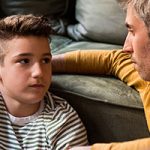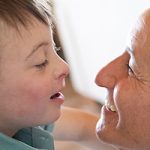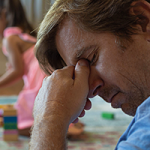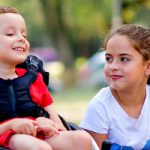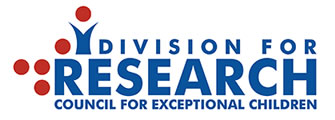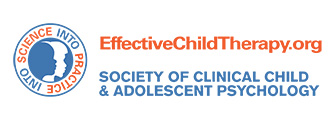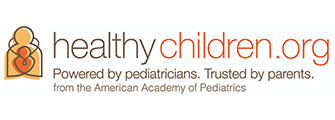Learning that your child is intentionally hurting themselves can be scary, discouraging, and even frustrating. You may already know how important it is to connect your child with professional help. What else can you do? This blog post explores the role of parents and other caregivers in supporting a … [Read more...]
Practicing Acceptance when Raising a Child with Complex Medical Needs
Practicing Acceptance when Raising a Child with Complex Medical Needs No parent expects their child to have complex medical needs. Whether it’s a long-term illness, developmental disability, or something medical providers are still trying to figure out—it can be overwhelming to coordinate extra … [Read more...]
Talking to Your Child About Colorism and Skin Color Bias
What is Colorism? Colorism is when people are treated differently because of how dark or light their skin is. People with lighter skin are often seen as more beautiful or more important than people with darker skin. This can lead to unfair treatment—like being seen as not smart or not getting … [Read more...]
You’re Tired Because You Care (and Probably Running on Goldfish Crackers): A Micro Reset for Overwhelmed Caregivers
Caregiving is one of the hardest—and most important—jobs in the world. You’re doing so much every single day. But even the most loving caregivers can hit a wall and feel like there’s nothing left to give. You’re not failing. You’re tired because you’ve been carrying so much for so long. Your … [Read more...]
Heat Waves & Meltdowns: How Extreme Temps Affect Kids’ Mental Health
When temperatures go up, so can tempers—especially in kids. If your child seems extra cranky and active during a heat wave, it’s not just about a melted popsicle or too much sun. Heatwaves can significantly impact children’s mental health, changing their mood, sleep, and behaviors. As their … [Read more...]
Back to School! Tips for Preparing for a Successful Start to the School Year
The new school year is about to start! The new school year can bring up feelings of excitement and nervousness for your child. New schedules, new teachers, new friends, and new schools can feel overwhelming to children. Helping to prepare them for their new schedule and routine can help with a … [Read more...]
Is My Child Developing On Time? A Quick Guide to The First Five Years
Experiencing your child's "firsts"—first smile, word, and steps—is one of the joys of parenthood. "Milestones" are the skills most children achieve by a specific age. While there is a lot of guidance on typical milestone development, children often follow their own timelines. It may be tempting to … [Read more...]
Is Spanking an Effective Means of Discipline in Schools?
In 1977, the US Supreme Court ruled that corporal punishment could be used in schools. As of 2023, 17 states allow teachers to use corporal punishment as discipline. Corporal punishment is physical pain or discomfort to manage child misbehavior. The most common example of corporal punishment is … [Read more...]
Supporting Siblings of Children with Chronic Illness or Special Needs
Childhood is a time of wonder, but it can be tough for siblings of children with special needs or chronic illnesses. These siblings may get less attention from parents and may have to take on more responsibilities. They might also feel they need to be perfect to help their families. The good news … [Read more...]
Why Do Children Get Stomachaches When They’re Stressed?
Our Brain and our Gut Talk to Each Other! Children often complain of stomachaches when they are stressed or have big feelings. That’s because our brain and our digestive system talk to each other through chemical signals. If you’ve ever felt “butterflies in your stomach” when you were surprised … [Read more...]
- 1
- 2
- 3
- …
- 9
- Next Page »

